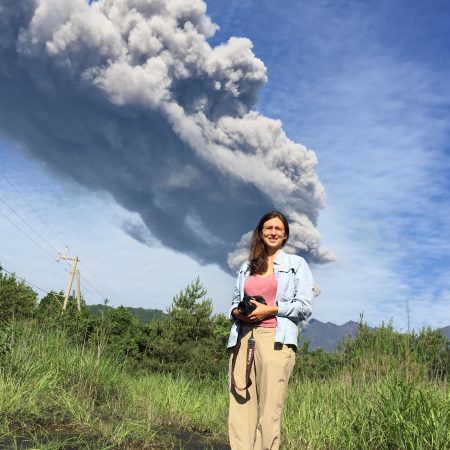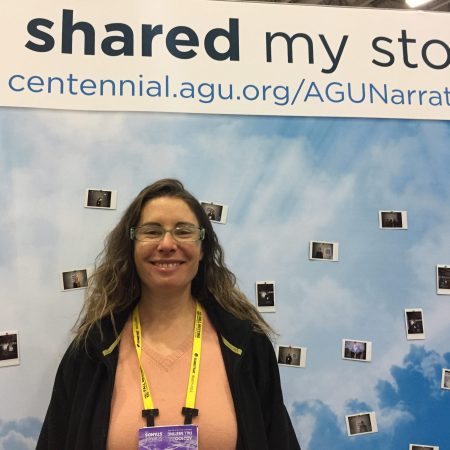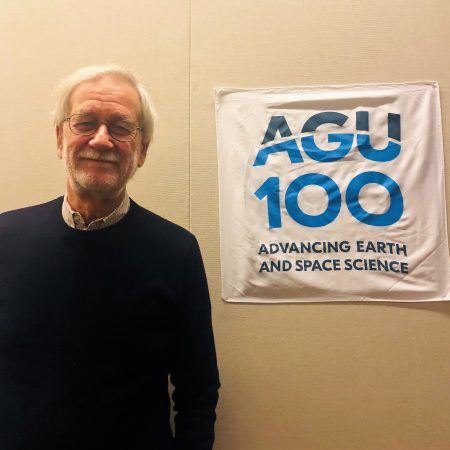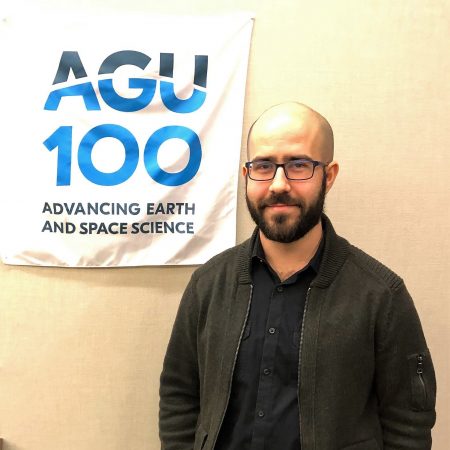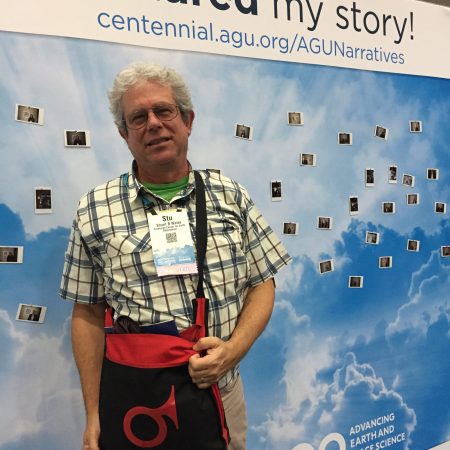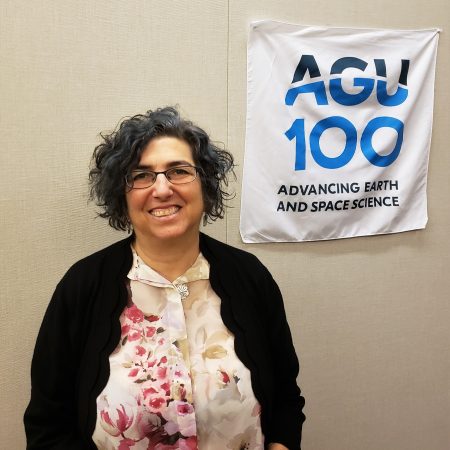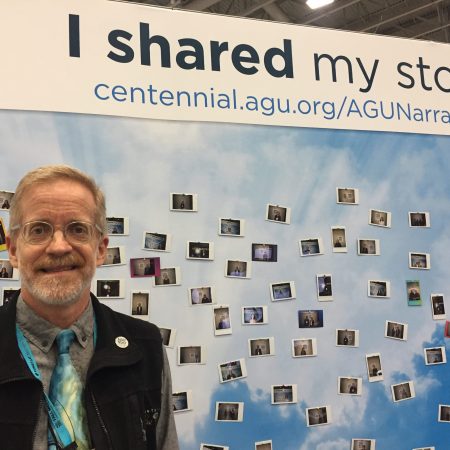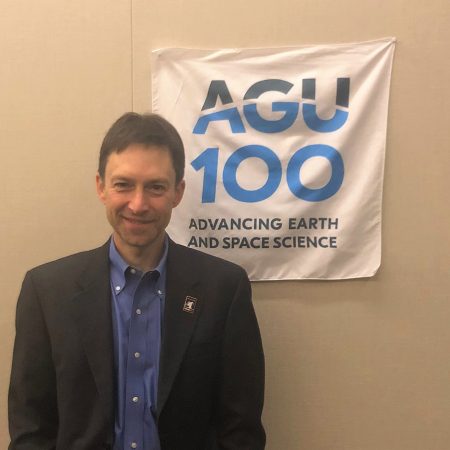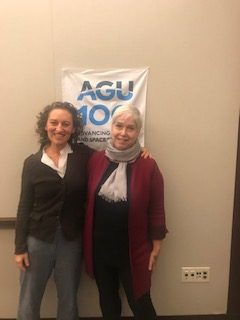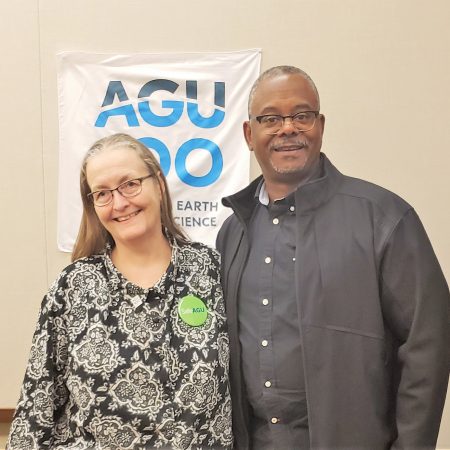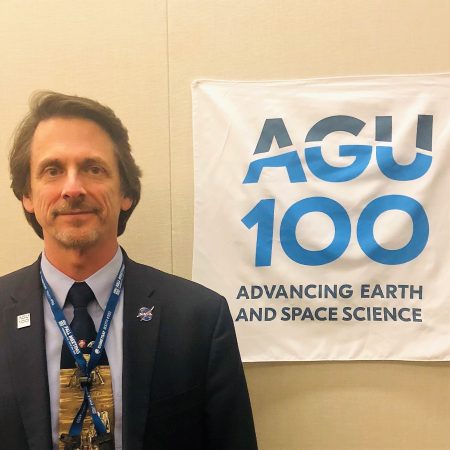Refine
Date Range Clear
Recorded by Clear
Keywords Clear
- volcanolgy 167
- #AGU100 167
- Venus 167
- mars 167
- future of science 167
- Mt.St.Helens 167
- biogeosciences 167
- #AGU 163
- NASA 58
- discovery 56
- #womeninscience 29
- Advice 26
- Collaboration 21
- Community 21
- career path 16
- 376 more
Partnerships Clear
- No matching terms.
Organizations Clear
- American Geophysical Union 35
- National Aeronautics and Space Administration 8
- The American Geophysical Union 4
- American Geopysical Union 3
- NASA 2
- 12 more
Places Clear
- Washington DC 167
- AGU Fall Meeting Program Commitee 4
- AGU 2018 Fall Meeting 157
- Leadership Development Commitee 2
- AGU 100 Fall meeting 1
- 3 more
Languages Clear
- No matching terms.
Initiatives Clear
- No matching terms.
Doug Archer has a rock collection, only he’s never actually held any of the stones, and they are hundreds of millions of miles away on Mars. As a research scientist working with the Curiosity Mars rover in NASA’s Johnson Space...
Jonathan Bamber has always loved to climb mountains. It’s why, when he wrote an essay about ice crystal formation in clouds as an 18-year-old undergrad, he found his calling studying glaciers and the natural environment. He’s traveled the world as...
Kim Cobb loves being out in the field. She talks about the euphoria and passion she has for it, saying “It's like nothing I've ever experienced literally, and I've given birth to four children.” In this interview, she talks about...
Michelle Newcomer is now a research scientist at Lawrence Berkeley National Lab but her first degree was in French and Sociology. She talks here about the fear that comes with changing careers, taking risks, and pursuing the path that you...
After a career of 30 years studying climate change, Steve Ghan embarks on another journey of steps to "Make Earth Cool Again" as he is recognized as Fellow of the American Geophysical Union during the AGU 2018 Fall Meeting.
Frédéric Ouattara, Universite de Koudougou, knows the practical implications of his research into the ionosphere. Our mobile phone signals become worse due to the weakening of the ionosphere. In Burkina Faso, he helps train the next-generations of geoscientists. The 2018...
Laurie Cantillo, the Deputy Director of Communications and Education at the Jet Propulsion Laboratory, talks about her journey to become a science communicator. She developed an interest in science at an early age spending time in the outdoors with her...
James Famiglietti, hydrologist and Director of the Global Institute for Water Security, University of Saskatchewan, discusses his work with NASA's Gravity Recovery and Climate Experience (GRACE) and the evolution of technology throughout his career including its impact on water security....
Sonia Esperanca, Program Director for the National Science Foundation, supports earth-science research in the academic community. She shares her journey from Rio de Janeiro to the United States, Israel, Australia, and elsewhere. Having an understanding of landscapes across the world...
How can scientists capture the public’s imagination with science? In this interview, Gordon Grant, a research hydrologist with the US Forest Service and President-elect of AGU'S Earth and Planetary Surface Processes Section, shares his experience of bringing a river to...
The only interviewee to describe her chosen field as a “hoot,” Sonja Behnke, Los Alamos National Laboratory, has been actively involved in atmospheric electricity research since 2008. Before that, she was a math instructor as an AmeriCorps volunteer. As a...
Adeena Teres is a high school science teacher in Florida, although she tried a few different careers before following her passion for teaching. As a teacher, there are always opportunities to inspire students either into science careers or towards other...
Not every scientist can boast about putting an end to Biblical-level plagues. But NASA Senior Earth Scientist Compton Tucker helped to end periodic locust swarms which pop up in dry parts of the world and go onto wreak havoc on...
Dr. David Lagomasino, assistant research professor at the University of Maryland and researcher at the NASA Goddard Spaceflight Center, discusses his life in science, studying coastlines and the effects of sea level rise, erosion, deforestation, and other factors on complex...
By his own count, Chuck McClain has had six mentors in his career. His first may have been a teacher in Kansas City who took him to his first physics demonstration. Since 1978, he’s worked at NASA Goddard Space Flight,...
“When you find yourself climbing San Bruno Mountain just south of San Francisco with a butterfly net collecting mission blue butterflies to repopulate on Earth Day, it doesn't get better than this.” Stuart Weiss is passionate about conservation ecology. He’s...
Jill Marshall, Assistant Professor of Geology at the University of Arkansas thought she was ready to go to college, but there she was on the campus of Boston University as a freshman overwhelmed by her surroundings and on shaky financial...
Steve Montzka has been at NOAA for 28 years, working on atmospheric science, atmosphere chemistry, and trace gases in the atmosphere. He started there as a post-doc, drawn by the work he saw NOAA scientists doing on the hole in...
Chris Hain from the Short-term Prediction Research and Transition Center helps turn NASA data into information that non-scientists can use. One of his big projects is monitoring plant stress from space, which can give farmers a 2-4 week early warning...
As a radio astronomer at the Jet Propulsion lab at NASA, Joseph Lazio walks us through his work in radio astronomy and career at NASA. He helped design radio telescopes to solve the mystery of why a hidden star was...
John Bolten doesn’t need to get his hands dirty to learn about crop yields. Using satellite images, the Associate Program Manager of Water Resources for the NASA Applied Sciences Program has worked with the U.S. Department of Agriculture to directly...
How rare is it for women to be lead investigators on robotic space missions? This conversation featured two of the very first women to hold that distinction. So, of course, they’re close friends. The lead investigator role requires bringing a...
With great data comes great responsibility. Ruth Duerr, a self-described scientific “generalist,” and Steve Diggs, an ocean data specialist, take on years of efforts by scientists to inform the public while stopping short of being policy advisors. As data improves,...
Steven Clarke, NASA's Deputy Associate Administrator for Exploration, discusses his life in science and engineering. Currently tasked with bridging NASA's efforts on human and robotic missions to coordinate scientific requirements for going to the Moon and Mars, he has seen...
Chasing storms is “a lot of boredom, and a little bit of excitement”, as Don MacGorman says. He discusses the planning that goes into storm chasing and all the precautions he and his team take to ensure they remain safe...
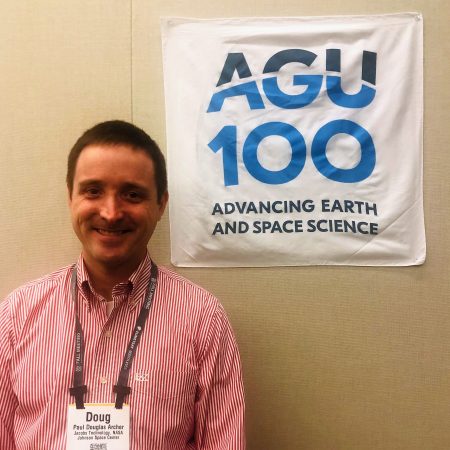
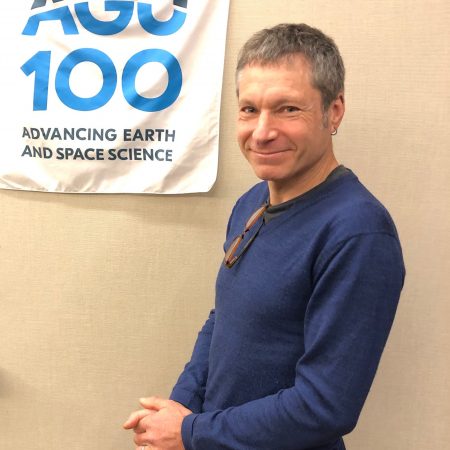
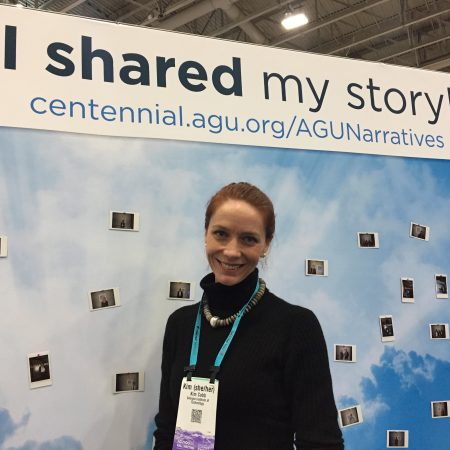
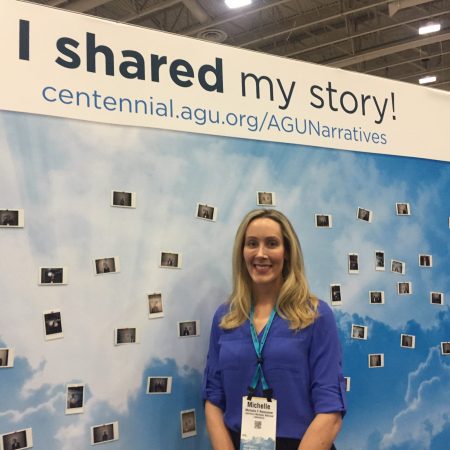
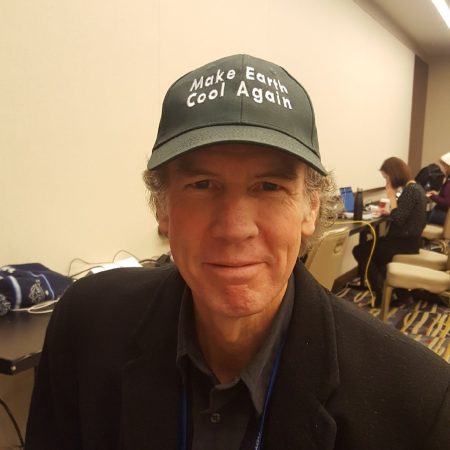
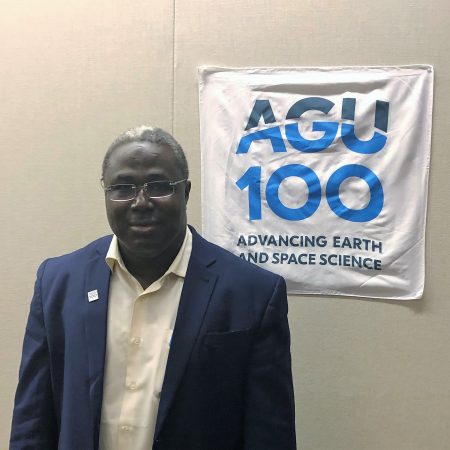
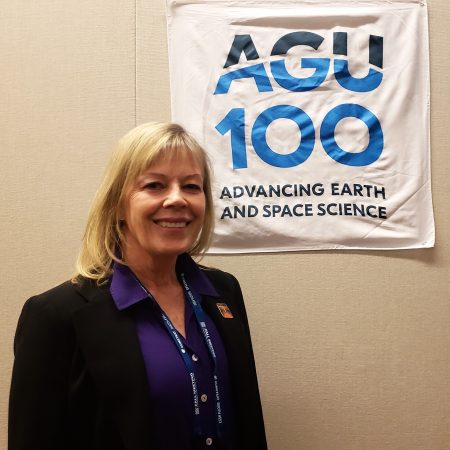

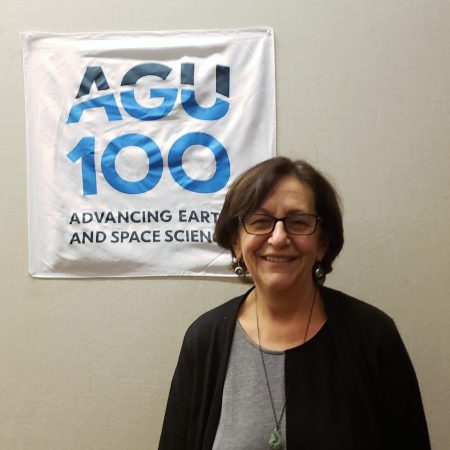
!["Science is a process of understanding nature; [we can] help people see science as a means of doing that." an interview with Gordon Grant](https://archive.storycorps.org/uploads/2019/02/20181211_Gordon-Grant-450x450.jpg)
